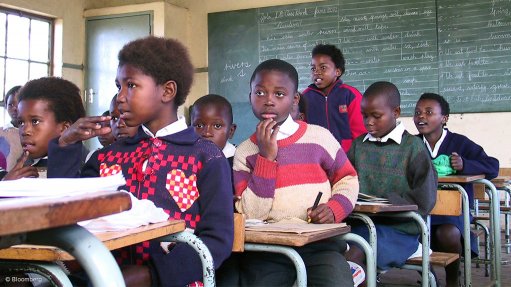
Photo by: Bloomberg
Access to the Internet was fundamental to educating South Africa’s uneducated, unemployed and rural citizens, a panel of speakers at the Southern Africa Telecommunication Network and Application Conference (Satnac), held in Port Elizabeth, agreed on Tuesday.
The need for education was increasingly becoming a significant driver of broadband uptake and, with three-million uneducated and unemployed citizens between the ages of 18 and 24, further education colleges were increasingly turning to information and communication technologies to upskill the country’s youth, eNetworks MD Jaap Scholten told conference delegates.
Sainet Internet CEO Dr Marius Oberholzer added that a “strong move” emerging from primary schools had seen students equipped with e-pads that could access the Internet and digital textbooks, with the entire educational curriculum available online for learners.
“There is an appetite to learn more and be informed,” he stated, indicating that e-learning could be a key driver in broadband take up, particularly as the primary school e-learning agenda shifts into secondary schools.
However, there would not be an overnight shift in dumping paper textbooks in favour of electronic educational material, particularly as a large portion of South Africa’s schools had no access to broadband infrastructure.
There are several challenges to rolling out infrastructure, broadband capacity and sufficient speeds into rural regions where it made no financial sense without cross subsidies or funding.
“Those who can least afford [broadband], need it the most and there needs to be a national agenda and collaboration to get the network out to rural areas,” Scholten said.
“At the end of the day, the goal is to have free access,” commented Telkom Internet executive Andrew Heuvel.
However, the cost to bid in urban areas was “considerably different” and cheaper than bidding for rural areas.
“It is a real challenge but it is not unattainable. We can do it,” Heuvel averred.